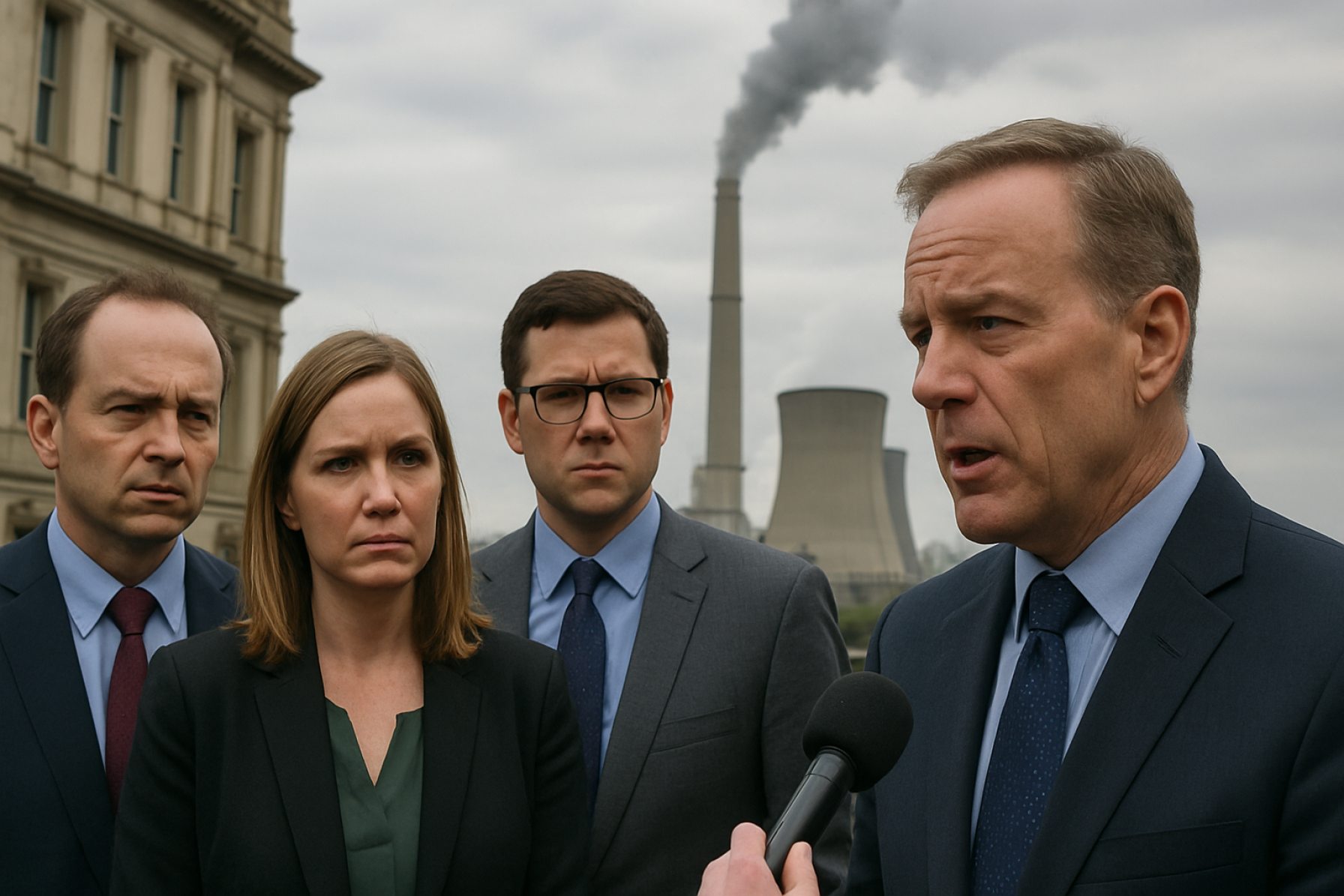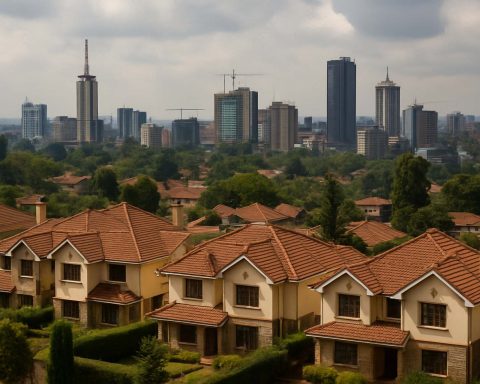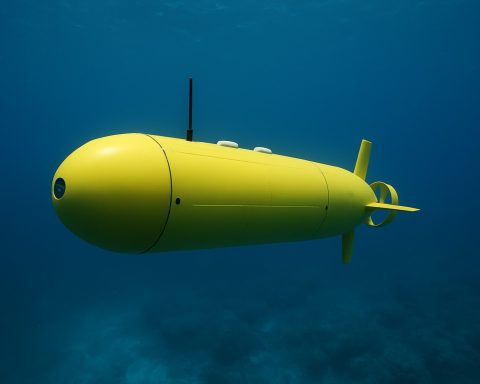Michigan’s Power Grid Under Threat? Rising Energy Risks Spur Fierce Debate Over Coal and Clean Power Plans
Michigan’s energy security hangs in the balance as a key coal plant closure pauses and the state faces a high-risk power grid in 2025.
- 90-Day Pause: J.H. Campbell coal plant’s closure delayed by order of the U.S. Energy Secretary.
- No. 1 Risk: NERC rates Michigan energy grid as highest risk in America.
- Local Control: New legislation aims to give towns power over wind and solar project siting.
- New Incentives: Nuclear and hydrogen energy tax credits and grants proposed in Lansing.
Michigan stands at an energy crossroads in 2025. A 90-day halt on shutting down the J.H. Campbell coal plant has ignited an urgent clash over the future of power in the Great Lakes State. At stake? Low energy bills, grid reliability, and the promise—or peril—of rapidly expanding green energy mandates.
The dramatic intervention from U.S. Energy Secretary Chris Wright to postpone decommissioning Michigan’s largest remaining coal-fired power plant is only the latest twist. The plant, located in Ottawa County, was set to go offline, risking decreased grid stability as summer power demand spikes.
Why Is Michigan’s Grid Ranked Most at Risk?
A recent NERC report paints a worrisome picture: Michigan’s energy grid now ranks as the highest risk in the country. The state’s main power system operator is the least reliable nationwide. Experts warn that aggressive renewable mandates, without robust backup, expose families and businesses to real threats of outages.
What’s Behind the Coal Plant Closure Pause?
With rising public anxiety, the federal government took the unusual step of pausing the J.H. Campbell plant closure. Lawmakers like Rep. Matthew Bierlein argue that flexibility and a broad energy mix—not sweeping bans—will keep homes warm and factories humming. Without this plant, more rolling blackouts could strike if wind turbines and solar panels can’t meet surging power needs.
Who Should Decide Where Green Energy Projects Go?
A heated battle is brewing over decision-making power. A controversial law from the last legislative session handed the Michigan Public Service Commission—and not local governments—the authority to approve big wind and solar installations. Critics say it silenced residents. Rep. Bierlein and others are now fighting to restore local oversight, warning that community voices matter most in siting projects close to home.
How Is Michigan Supporting Nuclear and Hydrogen Options?
Beyond coal or solar, lawmakers are pushing new plans to diversify energy sources. Proposed bills would pump tax credits into research and build-out of small modular nuclear reactors. New grant programs are designed to kickstart advances in hydrogen research, aiming for sustainable yet reliable power alternatives well beyond 2025.
How Can Michigan Avoid Rolling Outages?
- Monitor grid reliability with regular independent audits.
- Pace renewable adoption with backup power investments.
- Empower local decisions on wind and solar projects for better community fit.
- Invest in emerging nuclear and hydrogen technology.
Michigan’s energy debate is far from settled. The tussle over coal, nuclear, and renewables will define the state’s future prosperity and environmental legacy. Stakeholders urge a level-headed, balanced approach—not fleeting political wins.
Get more on national trends from U.S. Department of Energy, see the latest analysis at NERC, and follow Michigan policy at Michigan.gov.
Don’t get left in the dark—demand reliability, flexibility, and smart energy leadership for Michigan’s future!
- Track upcoming votes on energy and grid policy.
- Contact your local officials about community energy decisions.
- Support investment in backup and emerging technologies.
- Stay informed about outages and risk reports.









